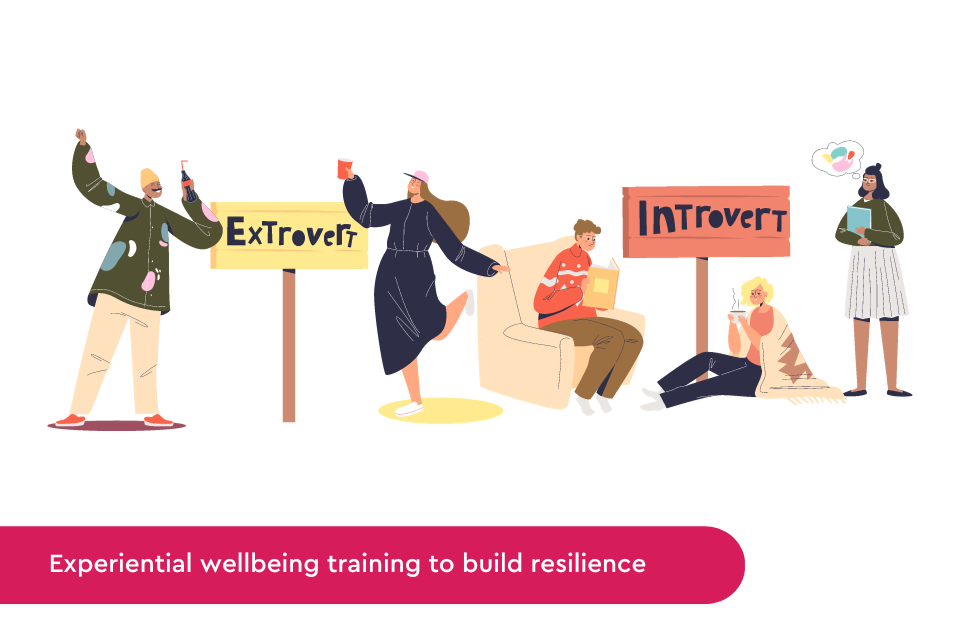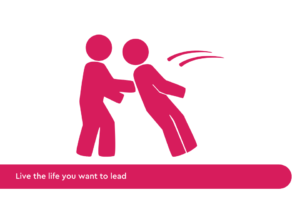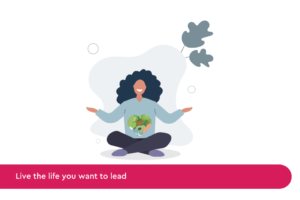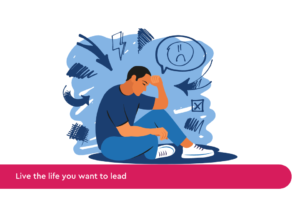Introverts and extroverts in the general population are a pretty even split, roughly 50/50 according to a survey by Industrial Psychiatry. No great surprise there, in my personal and work life I can see that split and I expect you can in yours too.
But when we move into the workplace, something happens. And this won’t be a surprise for the introverts amongst us. The modern-day workplace simply isn’t a good fit for those that identify as an introvert.
I should be upfront at this point. In many, many psychology evaluations I always without a doubt end up with the same personality profile, and that’s an ENFP. And whilst that’s an ‘E’ for extrovert, if I’m honest, I feel in many scenarios an introvert. Apparently, that’s a thing if you are my personality type. The most introvert of the extroverts.
However, whilst researching this article I understand that perhaps there are workplace situations that I didn’t know were difficult for introverts, so maybe that ‘E’ is correct after all. Caveats over, it’s time to understand why the workplace is so biased towards extroverts.
As we begin to look up the chain in any organisation, the percentages of introvert versus extrovert change dramatically. Of those in a supervisory role, a whopping 88% of them are extroverts and this percentage just keeps climbing the higher you go up the tree.
Essentially workplaces have been designed with this demographic in mind, they want to be comfortable and policies and even environments are designed to suit the extrovert, consciously or unconsciously.
An extrovert likes being around other people, they like to collaborate and connect at any given opportunity. An open plan space for example wouldn’t be a problem, they’ve been designed for a sense of community and team after all. For an introvert this probably causes a challenge. They thrive and are more productive when they can have time and quiet to work. Constant interruptions by colleagues and the environment aren’t always welcome.
How about a team day or a night out with colleagues to build relationships? Great for half of the team, but not the introverts, who may already be struggling after a day of interaction. It might not always be easy to spot either. Some of those traits that an extrovert has, an introvert may also have but it drains their energy rather than boosts it.
It’s no surprise that extroverts do better at work than introverts…and that’s not because they are more talented. It’s simply a personality effect. They are often friendly and open, likeable and charming, and management (fellow extroverts), favour these traits. Perhaps they see a little of themselves in them. Simply put, they can talk the talk.
It starts at the beginning, extroverts do better jumping through interview hoops. They understand innately communication and how to make themselves appear the best version of themselves. An introvert conversely must play a game that was never really designed for them. They can’t be their true selves and that is exhausting for anyone.
Later on, an extrovert is far more likely to be promoted and have better pay. They can rise to the challenge of networking, connection, communicating and presenting. Even simple tasks, such as speaking up in a meeting come more easily. It may be that they have the confidence to ask for that promotion in the first place. And so, the cycle continues, and extrovert polices continue throughout organisations.
Interestingly, in the introvert versus extrovert game, the pandemic helped to level this very particular playing field. Suddenly the introvert could shine. There was quiet time to deliver work without all the extra extrovert trappings. They could be in their own space at home without battling through the system of the workplace.
Now many of us are hybrid working, we have all seen the true benefits of working from home. That’s not to say that your manager will necessary like it – of course they want everyone to be together. Policies are decided with reasoning from an extrovert’s point of view, and they would benefit from things going back the way they were. It will be interesting to see how it pans out!
In many workplaces, HR departments across the country are very aware about diversity and challenges that this can cause. Quite rightly, we have policies in place that respect difference. And yet, we don’t consider a person’s core personality, which for the introvert leads to an often uncomfortable working life. Rarely is an extrovert asked to quieten down, focus more etc. whereas an introvert is very often asked to speak up, show confidence, engage more etc.
Interestingly, people often mention characters like Elon Musk and Bill Gates as shining examples of introverts being successful in business. But that’s because they set up their own businesses with rules and polices to suit them. They probably didn’t have to attend a performance appraisal that asked them to be more extrovert.
So, does this mean that extroverts are better leaders? Not necessarily. In a report in the Harvard Business Review, in unpredictable and dynamic times, introverts may be more effective leaders particularly if a proactive approach to improving the business is required in a shifting landscape.
‘Such behaviour can make extroverted leaders feel threatened. In contrast, introverted leaders tend to listen more carefully and show greater receptivity to suggestions, making them more effective leaders of vocal teams.’
And let’s think about the ultimate leaders, those that run countries! Barack Obama for example is on record as saying that as an introvert in a very extroverted job, ‘alone time’ was essential for him to recharge, reboot and carry out his job effectively.
Wellbeing training should take everyone into account. We can all learn from differences and be better for it. Whilst some may see wellbeing training as a chance to open up, this may be stressful for others. We need to consider the individual and make effective training decisions for the whole team.
Read our Individual, team, and place blog here
Introverts’ personalities don’t need to be changed and shouldn’t be, but just maybe our policies aren’t as inclusive as they could be.




